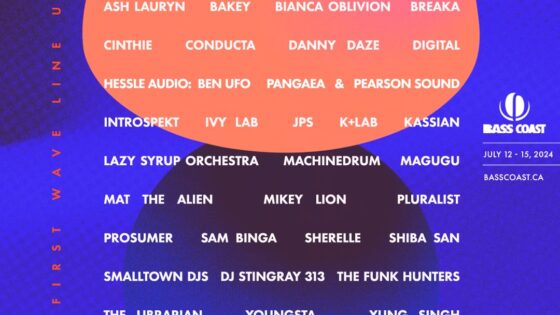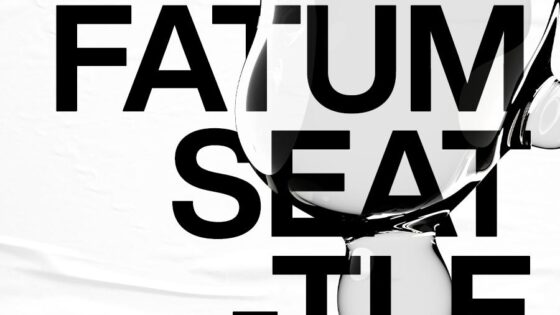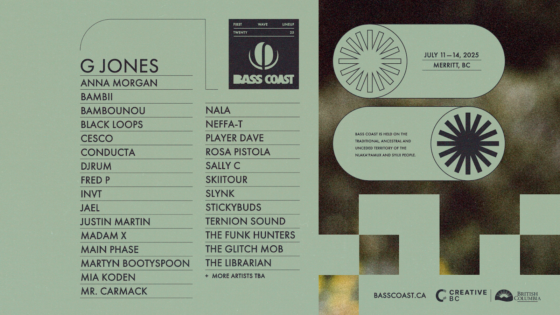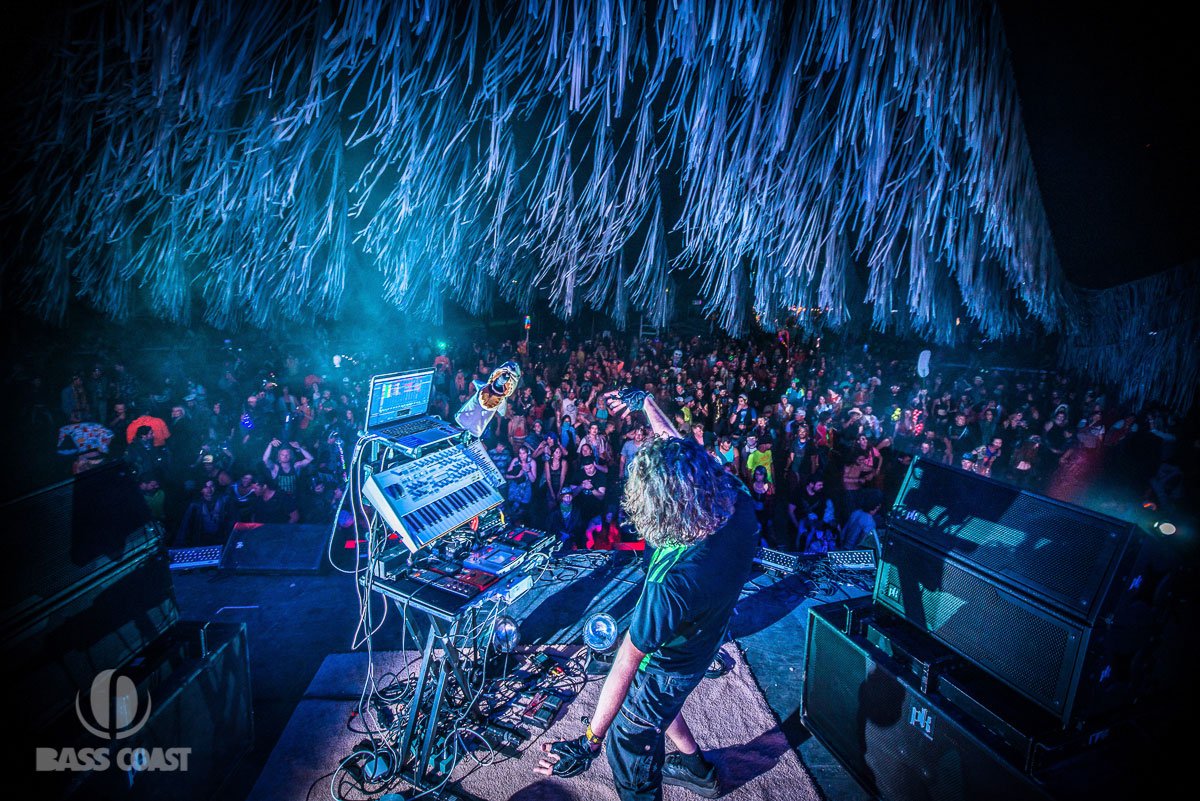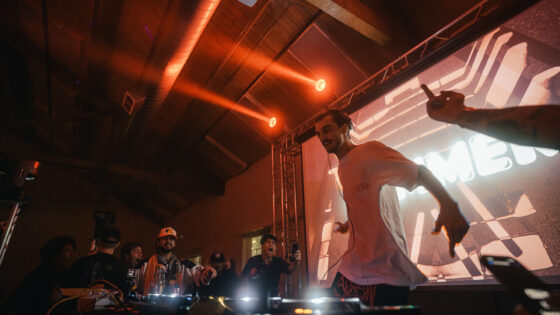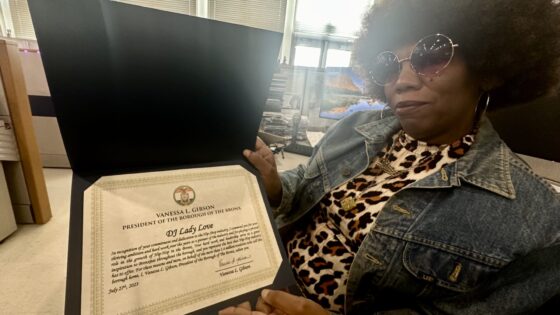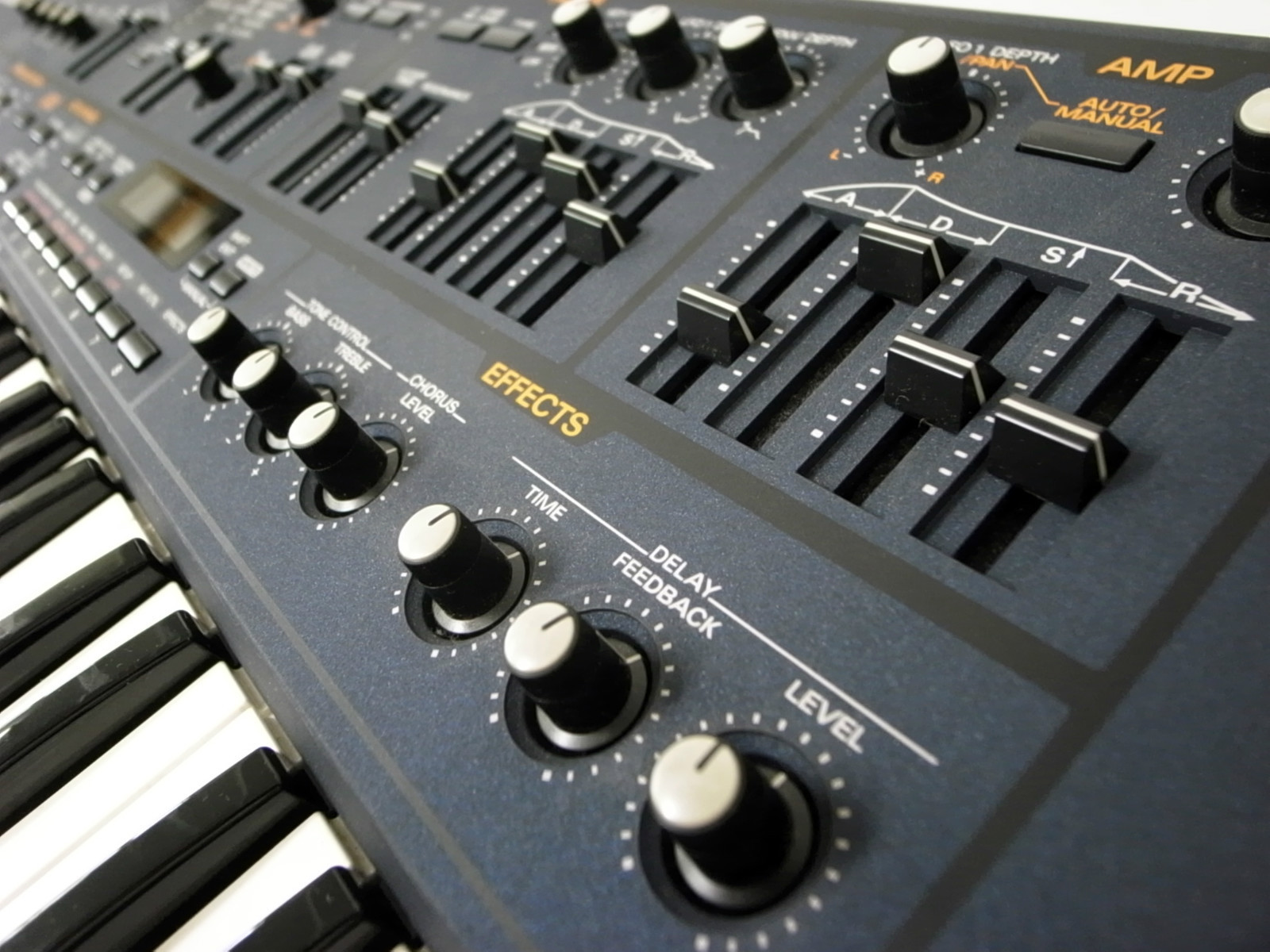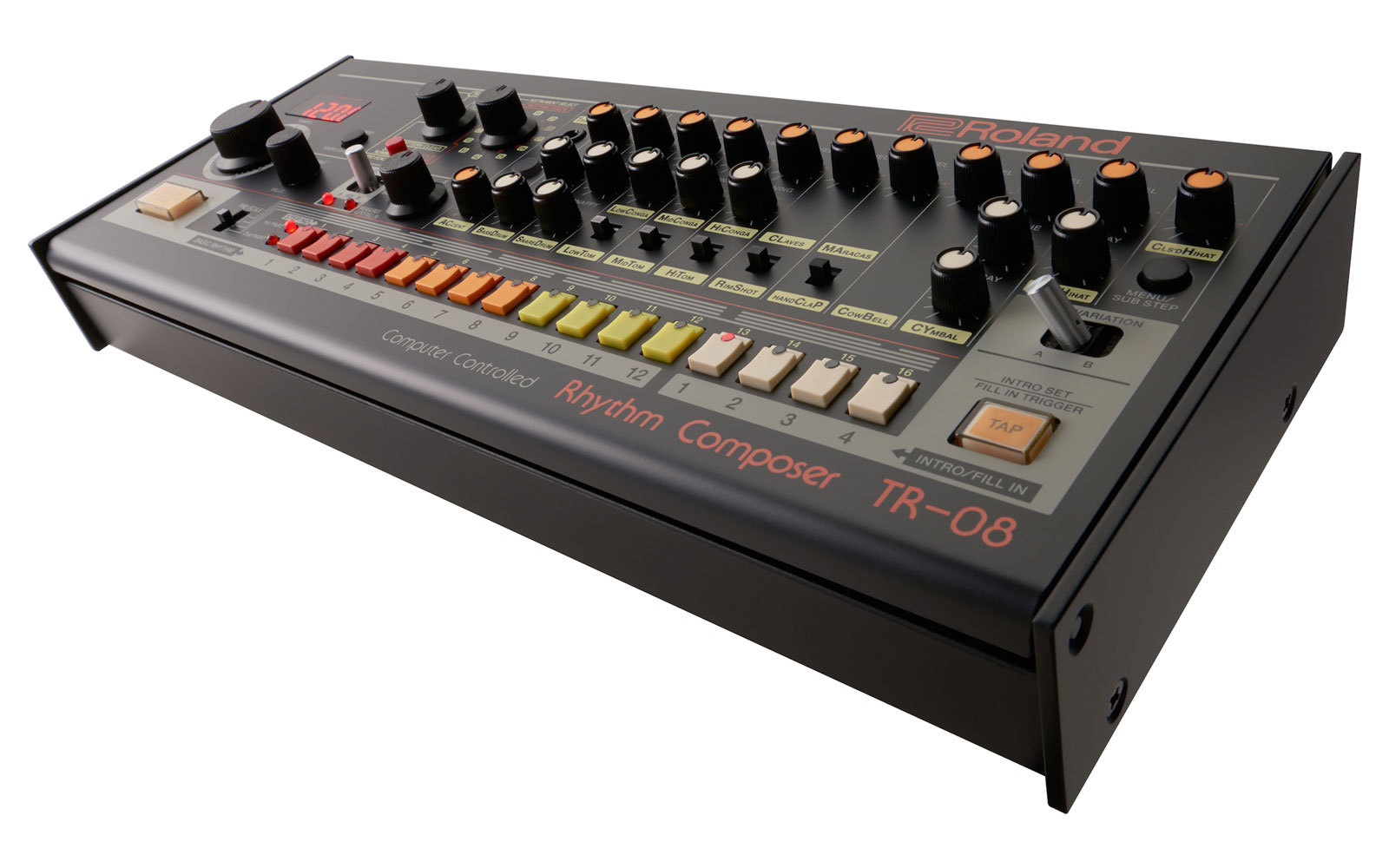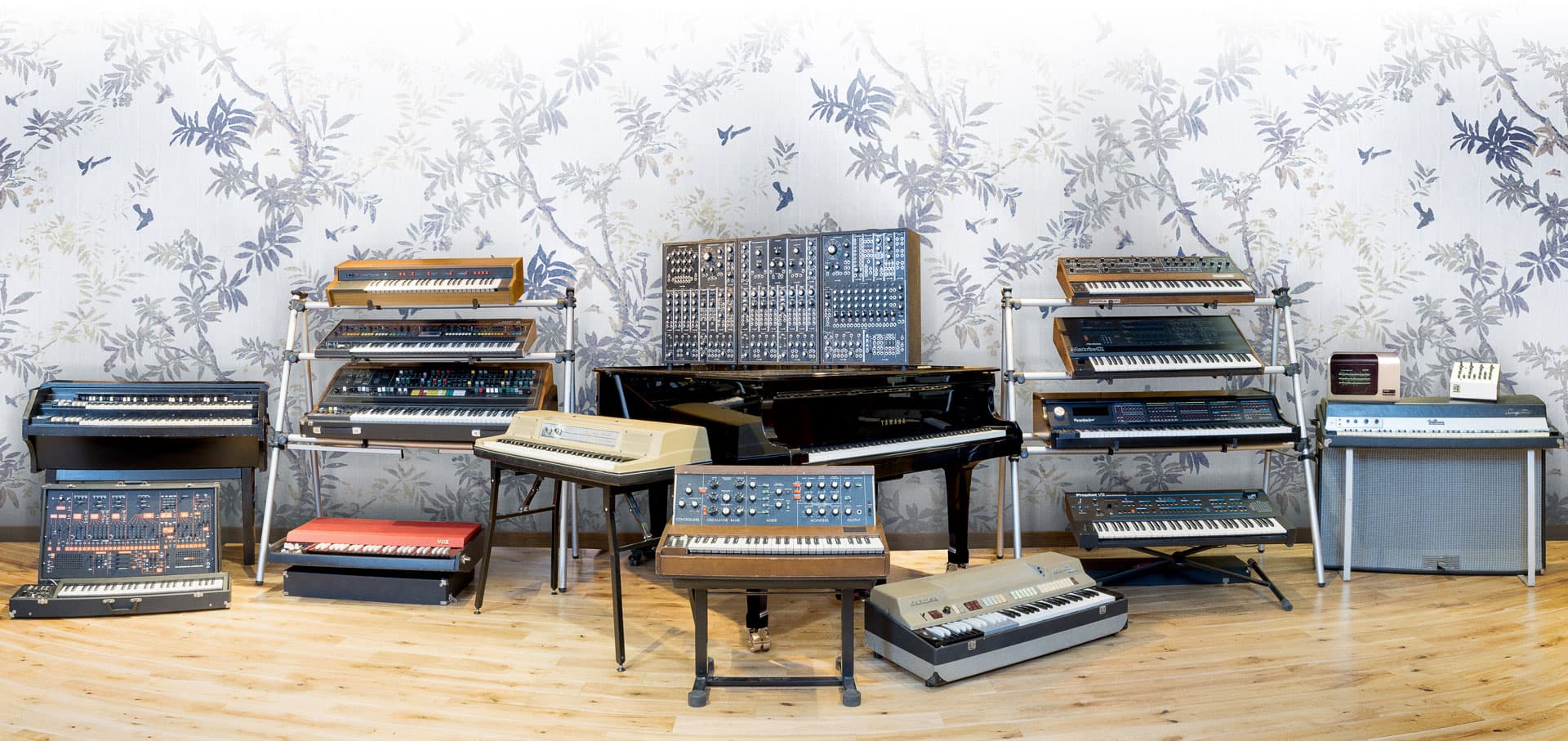Most musical trends come and go, but the Supersaw reared its many heads more than once over the last two decades. This coming year marks the 20th anniversary of release of the Roland JP-8000, and the introduction of Supersaw technology. What’s a Supersaw? Great question! We’ll get to that. But first, we need to talk about the synth that gave birth to it all.
The Roland JP-8000
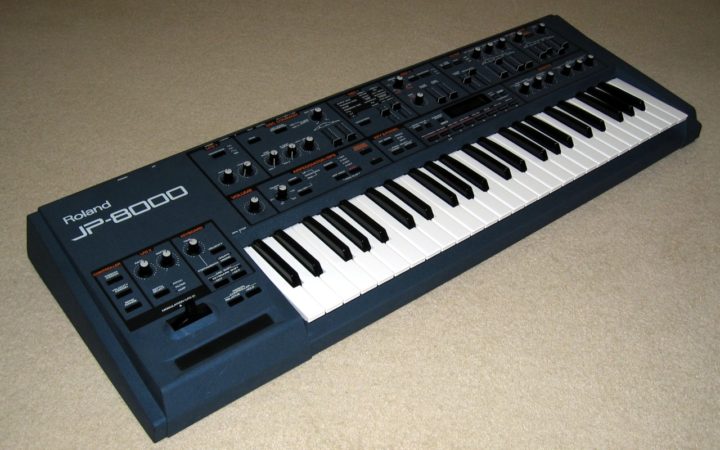
Originally released in 1997, the Roland JP-8000 was one of the first attempts to recreate analog synthesis using digital processing and software algorithms. It’s known as a virtual analog synthesizer, or a VA synth, for short. The moderately sized keyboard featured 49 keys, 8 voice polyphony, a 16-bit processor, and 128 presets. It also made use of sliders instead of knobs for controlling various parameters. Most importantly, the JP-8000 brought Supersaw tech into the world.
Supersaw Technology
As the name might suggest, a Supersaw is an oscillator that’s meant to sound like a bunch of sawtooth waves put together. Seven, to be exact. The “freerun” oscillator gives the appearance of slightly detuned waves over time. This makes for a very large and textured sound, which is something we all strive for in producing electronic music.
Through an impeccable understanding of sound, Roland introduced this technology that allowed producers to create huge leads with ease. Trance even spawned a new sub-genre called “Anthem Trance” shortly after the release of the JP-8000. There have been notable peaks in the use of Supersaws around 2006 & 2012, and more than a few artists use it today.
Modern Supersaws
These days, computers are capable of almost anything. DAWs make building your own layered sounds quite manageable, and while it’s not true Supersaw tech, a handcrafted, multi-layer oscillator is still commonly referred to as a Supersaw. Artists such as Above & Beyond, Armin Van Buuren, and Myon & Shane 54 make fantastic use of this in their tracks.
Recreating this sound is a skill that involves understanding and building a stereo image. You can accomplish this by splitting your sounds into four groups (give or take), one for each section of the spectrum: the low sub frequencies, the lo-mid bass, the mid lead, and the top end. Divide & conquer applies to many aspects of life, music notwithstanding.
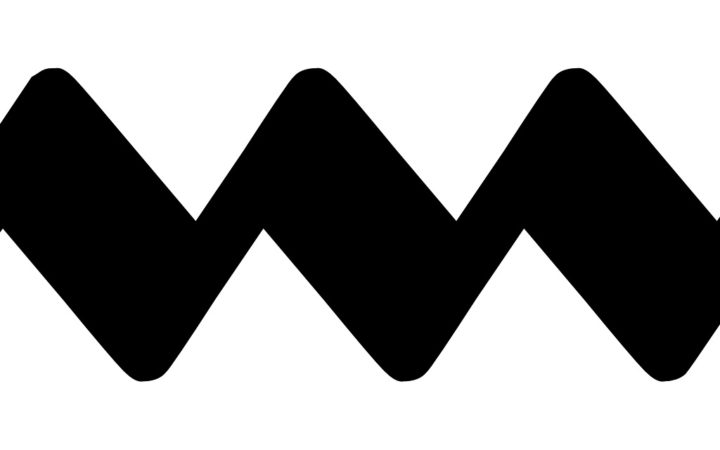
If you process each division separately, it gives you the control you need to balance your sound. The low end is pretty straight forward: less is more. A solid, mono sine wave (with some low-pass filtering if needed) will do just fine. That low-mid section should be used to beef up the bass, but not make things too muddy, while respecting the space that the mid range needs.
Your mid/lead range should have plenty of room on the spectrum. Pass it in the middle where you need, attenuate the lows & highs where you don’t, and generally try to make the whole thing as wide as you can. The top end hosts all of your white noise, texture, and distortion. A little goes a long way here, so keep it subtle. As always, include a hi pass filter to help keep things tidy.
If you’ve got a track that makes good use of a Supersaw, throw it down below and we’ll give it a listen!
Important things happen in Pacific Northwest nightlife, and DMNW will send you alerts!






